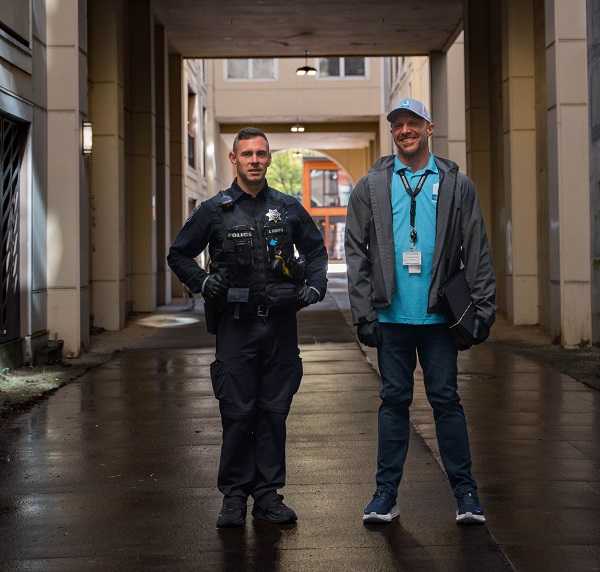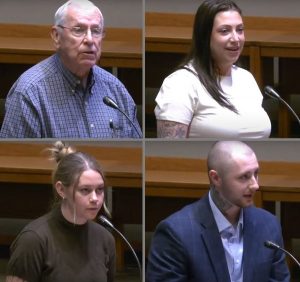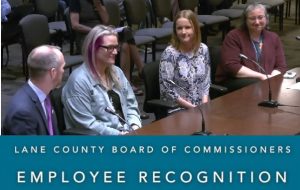Mental health professionals to respond alongside police downtown
2 min read
from the Eugene Police Department
Under a new alternative police response model, a Lane County Behavioral Health professional will respond alongside Eugene police officers to calls downtown involving people experiencing a behavioral health or life crisis.
The first phase of EPD’s co-responder program launched with the hiring and staffing of one Lane County master’s degree-level Qualified Mental Health Professional (QHMP), one master’s degree licensed clinical supervisor, and two downtown officers.
The outcome of many discussions over the past few years, this alternative response model works to reduce police contact on low- to moderate-risk calls. It also diverts police from non-emergency calls involving people experiencing a behavioral health or life crisis.
The co-responder program is designed to address together the criminal and behavioral health elements in calls for service downtown. This will help address public safety needs and decrease the likelihood someone will be incarcerated.
By providing a stronger pathway to treatment for individuals with mental health, addictions, crisis, or co-occurring mental health and substance use disorders, the new program is expected to improve downtown safety, increase access to behavioral health services, and decrease individuals’ repeat encounters with the criminal justice system.
Co-responder teams will include a QMHP embedded within an EPD police unit (on foot, bike, or in vehicle), and these teams will respond immediately to behavioral health-related calls for service when on shift. The QMHP will conduct rapid behavioral health clinical screenings, assessment, diagnostic, and care coordination services for individuals with behavior health concerns that have frequent police contact.
The co-responder team will work together to co-respond and provide rapid access to psychiatric care, initiate clinical and case management referrals, provide triage, assessment, treatment, and support clients during court procedures.
Initial costs of the program are expected to be $400,000 over the Fiscal Year 2023-2025 biennium, with program expansion scheduled to begin in late 2024.
During the second phase, EPD will add a peer support specialist and a second QMHP position, which would bring the fully-staffed team to two QMHPs, one peer support specialist, one clinical supervisor, and two officers.
Eugene Police received a grant for $550,000 from the Bureau of Justice Assistance, which will be ‘matched’ by $254,854 from the Community Safety Payroll Tax.



